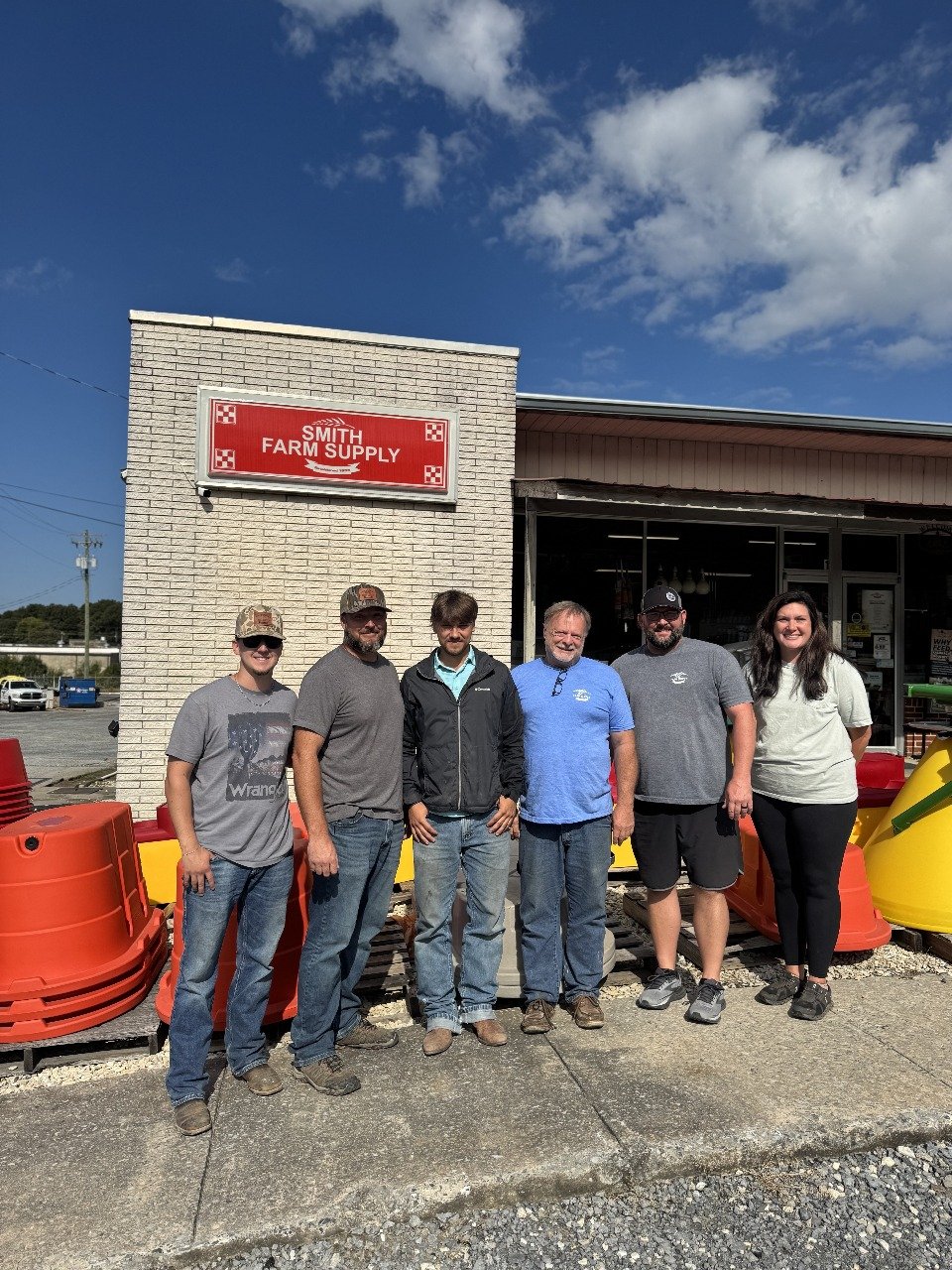Northwest Georgia’s agricultural industry plays a critical role in shaping the region’s economy and sustaining its communities. With its rich farmland, ideal climate, and forward-thinking practices, this region has established itself as a leader in agricultural productivity and sustainability. As demand for locally sourced and sustainable products grows, understanding the dynamics of this thriving industry is more important than ever. This article dives into the factors fueling agricultural success in Northwest Georgia, from natural advantages to technological innovations. Whether you’re a farmer, entrepreneur, or enthusiast, there’s something here for everyone.
For an overview of U.S. agriculture statistics, visit USDA National Agricultural Statistics Service (NASS).
1. Geographic and Climatic Advantages
One of the primary reasons agriculture flourishes in Northwest Georgia is the region’s geographic and climatic advantages. The fertile soil, combined with a mild climate, creates ideal conditions for cultivating a wide variety of crops, including cotton, peanuts, soybeans, and even niche crops like muscadines and blueberries.
Key Factors Driving Success:
- Fertile Soil: The region’s nutrient-rich soil provides an excellent foundation for farming, reducing the need for excessive fertilizers.
- Moderate Climate: With long growing seasons and consistent rainfall, farmers can produce multiple harvests per year.
- Strategic Location: Northwest Georgia’s proximity to major transportation hubs allows for efficient distribution to regional and national markets.
- Water Resources: The area benefits from access to rivers and reservoirs, ensuring a steady water supply for irrigation.
To learn more about soil health and farming practices, explore resources from the Natural Resources Conservation Service (NRCS).
Modern agriculture in Northwest Georgia thrives on a blend of tradition and innovation. Farmers here are quick to adopt advanced technologies that enhance efficiency, reduce costs, and promote sustainability.
Technological Innovations Making an Impact:
- Precision Agriculture: By using GPS and satellite technology, farmers can optimize planting, irrigation, and fertilization to maximize yield and minimize waste.
- Automated Equipment: From robotic harvesters to automated irrigation systems, technology reduces labor costs and improves productivity.
- Data-Driven Insights: Smart farming apps and sensors provide real-time data on soil health, weather conditions, and crop performance, helping farmers make informed decisions.
- Sustainability Practices: Techniques such as crop rotation, no-till farming, and organic practices are increasingly embraced to protect the environment while ensuring long-term productivity.
To stay updated on ag-tech trends, visit AgFunder News, a leading source for agricultural innovation.
3. Economic Contributions and Community Impact
Agriculture is more than just an industry in Northwest Georgia; it’s a way of life that deeply influences local economies and communities. From creating jobs to fostering a sense of unity, the agricultural sector contributes to the region’s overall prosperity.
Key Economic Contributions:
- Employment: The agricultural industry supports thousands of jobs, from farming and food processing to logistics and equipment manufacturing.
- Economic Growth: Farming-related businesses, including agri-tourism, seed suppliers, and equipment vendors, contribute significantly to the regional GDP.
- Export Opportunities: Many crops grown in Northwest Georgia are exported to international markets, strengthening the local economy.
Community Benefits:
- Farmers’ Markets: These markets serve as a hub for local farmers to connect with residents, fostering a sense of community while promoting fresh, locally grown produce.
- Educational Programs: Agricultural extension offices and local universities offer workshops and resources to help farmers stay updated on the latest trends and technologies.
- Environmental Stewardship: Many farming communities prioritize conservation efforts, ensuring the preservation of natural resources for future generations.
To explore the role of agriculture in rural economies, visit Economic Research Service (ERS).
4. Challenges and Opportunities for Growth
Despite its many strengths, Northwest Georgia’s agricultural industry faces challenges that require innovative solutions. From unpredictable weather patterns to labor shortages, the region’s farmers must constantly adapt to stay competitive.
Challenges:
- Climate Variability: Droughts, floods, and extreme weather events can impact crop yields.
- Labor Shortages: With fewer young people entering the farming industry, securing a reliable workforce remains a concern.
- Market Competition: Competing with larger agricultural states and international markets poses challenges for smaller-scale farmers.
Opportunities for Growth:
- Agri-Tourism: With growing interest in farm-to-table experiences, farms can diversify income through tourism.
- Specialty Crops: Growing demand for organic and niche products presents an opportunity for diversification.
- Government Support: Federal and state programs provide grants and subsidies to help farmers adopt new technologies and improve sustainability practices.
For information on government programs and funding opportunities, check out Farmers.gov.
Northwest Georgia’s agricultural industry is a testament to the power of innovation, resilience, and community spirit. With its natural advantages, cutting-edge technology, and economic contributions, this region continues to set an example for agricultural success. While challenges remain, the opportunities for growth and sustainability are immense.
Learn more about farming practices, resources, and business opportunities by visiting USDA’s Official Website today!









